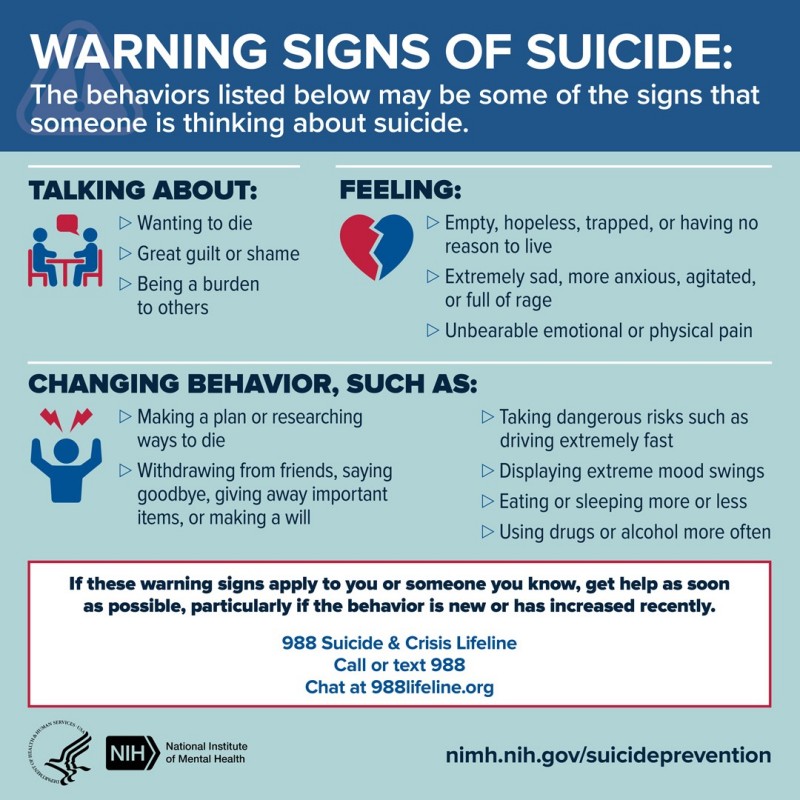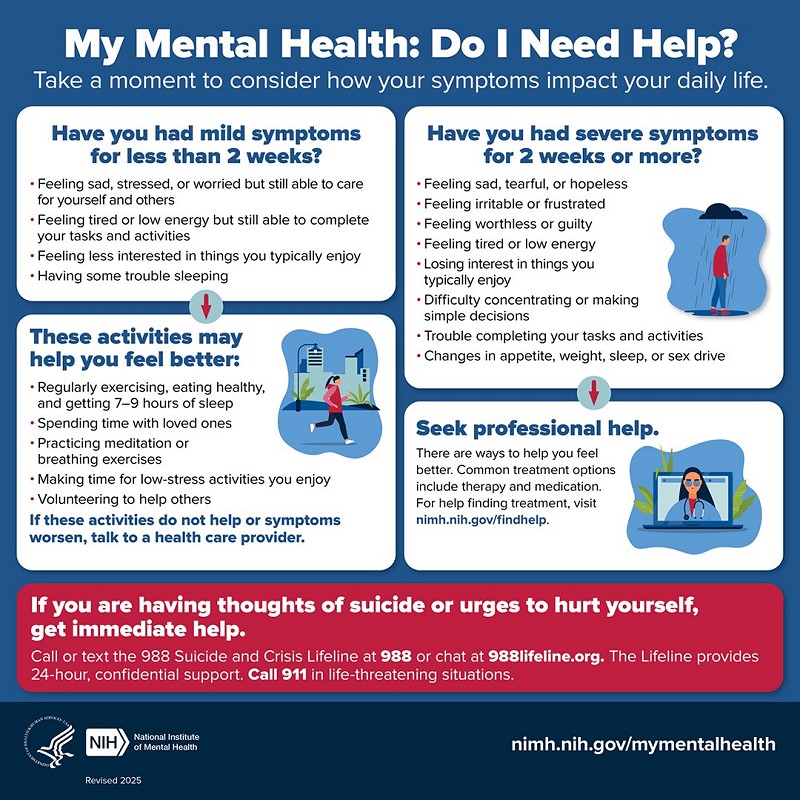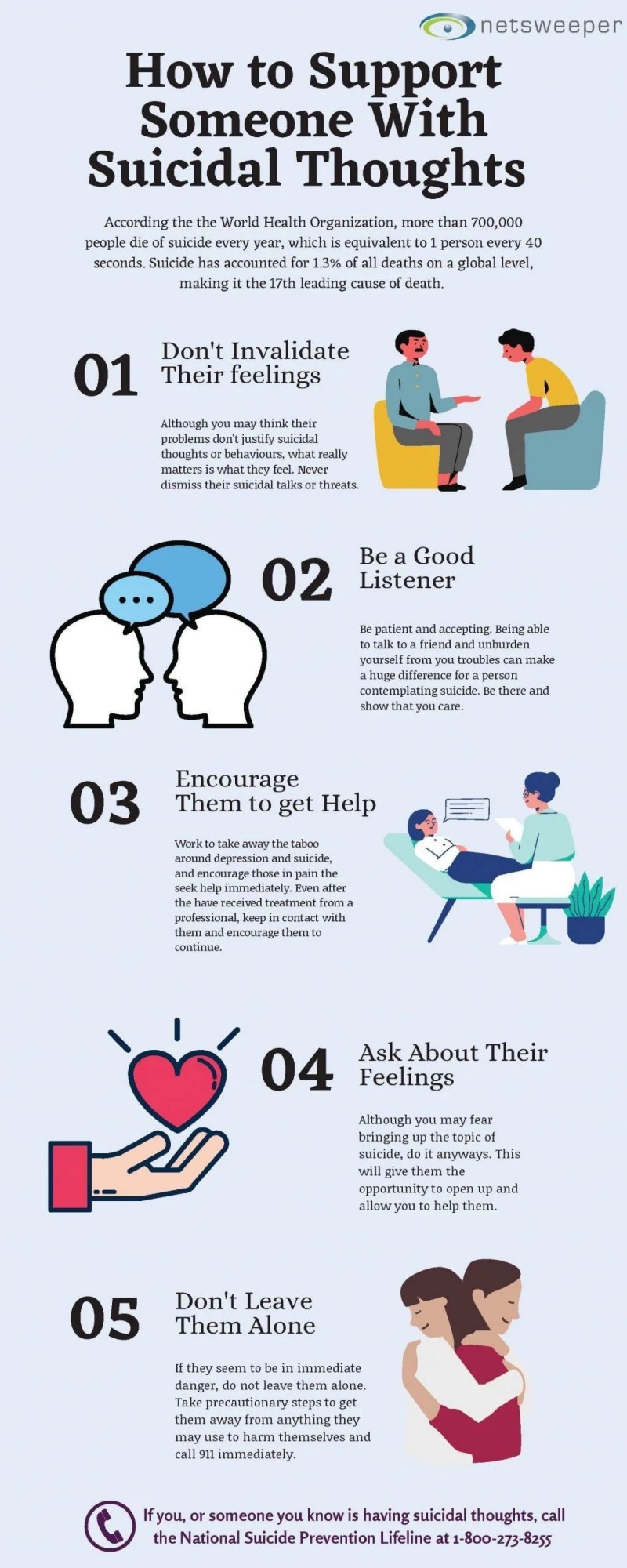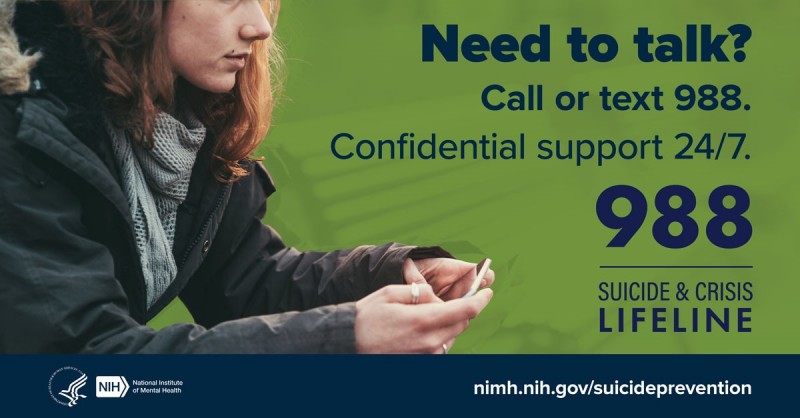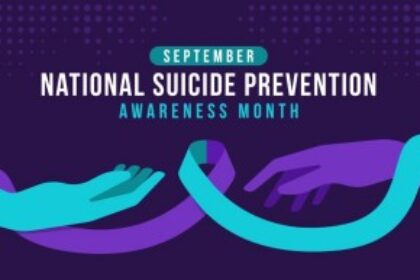
National Suicide Prevention Awareness Month, held every September, grew out of a need to bring attention to something too many people suffer through in silence. For decades, advocates, mental health professionals, and survivors have pushed for greater awareness around suicide and the struggles that often lead to it. In 2008, the U.S. Congress recognized September as a month dedicated to suicide prevention. Since then, the month has become a time when people and organizations across the country come together to share resources, hold events, and remind others that help is available. It is not just about statistics; it is about real people and real stories.
The importance of this month comes from its ability to break down the walls of stigma. Too often, people who are hurting feel like they have to hide their struggles, but dedicating a whole month to suicide prevention creates space for those conversations. It encourages families, schools, and workplaces to talk openly about mental health and learn the signs that someone may be in danger. It also shines a light on the experiences of survivors and loved ones who have been affected, offering both hope and perspective. Most importantly, it is a reminder that suicide is not inevitable. There are ways to step in, support someone, and help save a life.
Community involvement is one of the strongest parts of National Suicide Prevention Awareness Month. Groups like the American Foundation for Suicide Prevention organize walks, awareness campaigns, and educational programs to bring people together. Schools and universities take the opportunity to teach students how to notice when a friend may be struggling and what to do about it. Local organizations and governments often join in by sharing resources and connecting people with crisis services. These efforts do not just spread awareness; they build a network of care so no one has to face their pain alone.
Recognizing the warning signs can make all the difference. Someone may talk about feeling hopeless or like they are a burden, withdraw from friends and activities, or give away things that are important to them. Others may show sudden mood changes, increased use of alcohol or drugs, or risky behavior. If you notice these signs, it is important to step in with compassion, listen without judgment, encourage them to share what they are going through, and help connect them with professional support. If it feels like an emergency, call 911 or a crisis hotline right away. Sometimes the most powerful thing you can do is simply show up and let someone know you care.
National Suicide Prevention Awareness Month is a reminder that none of us are truly alone, even when life feels overwhelming. Talking openly about mental health, listening without judgment, and knowing where to turn for help can save lives. This month is about more than awareness. It is about showing compassion and letting people know their pain is seen and their lives matter. Sometimes the smallest actions, like checking in on a friend or sharing a resource, can make a huge difference. Together, we can create a culture where reaching out for help is seen as a strength and where hope is always within reach.
